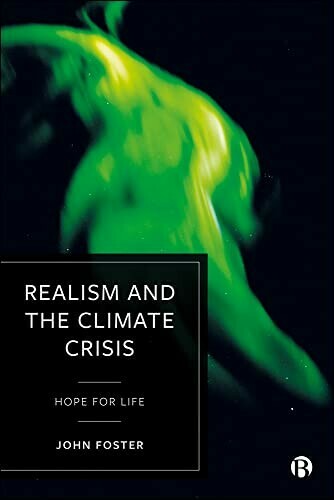A brutal dilemma for Duluth

Several weeks ago, I had the opportunity to speak with John Foster and Robert Jensen. As part of the World Wide Teach-In on Climate and Justice, I wanted to interview these two authors who have written about the climate crisis.
While they live thousands of miles apart (Foster in the U.K. and Jensen in New Mexico), these authors have come to some of the same conclusions about the climate reality that we're facing in our local and global futures.
Foster, author of Realism And The Climate Crisis: Hope For Life, talked about the growing global climate emergency and that most of our government and social institutions don't appear to have the drive to act immediately or respond with any sense of urgency.
Foster also emphasized that we have a "brutal dilemma" around the world as we struggle with being honest with ourselves about what is actually happening and maintaining a sense of hope for the future. Likewise, Jensen, coauthor of An Inconvenient Apocalypse: Environmental Collapse, Climate Crisis, And The Fate Of Humanity, talked about what he calls the "brutal reality" of our climate crisis and the reality that many of our existing economic and political systems are no longer sustainable.
"Anything that blocks us from looking honestly at reality, no matter how harsh the reality, must be rejected…we stand a better chance of fashioning a sensible path forward if we could all adopt an apocalyptic sensibility and, collectively, try to help each other bear all of that truth," stated Jensen.
Thinking about what these two men shared in our talks and through their books, I have to wonder if we here in Duluth have a true sense of what's happening around the world and really understand the present and potential implications for our city. In just the past week, I've been watching the disturbing events in Florida, New Jersey and Indiana, and then asking myself - what can we learn from these events?
A few days ago, I met with a journalist from Agence France-Presse in Washington DC to talk about Duluth's climate future and the influx of climate migrants from other parts of the country. And just several hours after our meeting, a friend sent me an Apple podcast where the guests were talking about Duluth being a climate-proof city.
It's becoming more apparent that while the world is talking about climate change and Duluth, the willingness of our city's leaders and community stakeholders to have open and transparent conversations about the climate emergency that we officially declared in the spring of 2021 is more controlled if not restrained. And that's where our dilemma for Duluth begins. (The AFP journalist informed me that one elected official in Duluth refused to speak to her.)
The brutal dilemma for Duluth is multifaceted. There's still not been a public conversation about the 2018 climate vulnerability impact report that presented information on future climate events for Duluth and also identified the most vulnerable populations that will be significantly impacted by climate change. There's an energy plan commission that only addresses city-owned properties and meets bimonthly while most of the other commissions meet monthly.
And there's a certain resistance in our city to bringing to the collective table our scientists, educators, health care providers, artists and other groups in Duluth who have a vested interest and important voice in exploring how our city moves forward to address the climate crisis.
So, in Duluth, where do we begin? We engage St. Scholastica, UMD and Lake Superior College, along with the local high schools, to undertake new climate educational projects throughout the city. We sponsor climate cafes and climate psychoeducational support groups for young people and others who are experiencing climate anxiety and depression. We help neighborhoods to organize intentional communities and mutual aid projects where we share our skills and resources.
We need to engage and embrace the global community who is addressing the climate crisis. We need to connect and collaborate with a variety of climate groups from around the world, including the World Climate School, Covering Climate Now and Climate Steps. We need to simply acknowledge that we are facing a difficult dilemma and must agree that we need each other in figuring out how to adapt to and mitigate climate change throughout our city.
